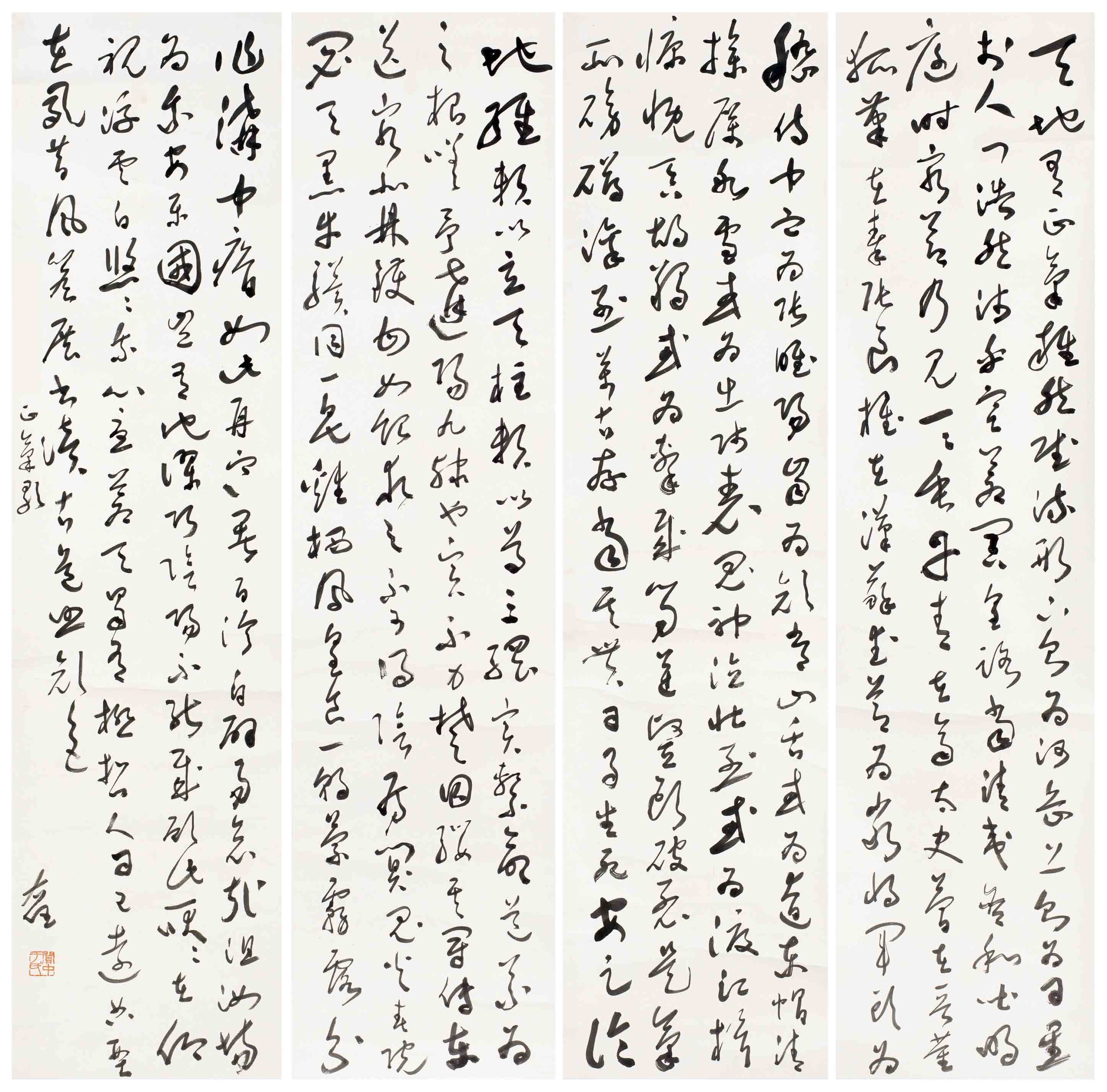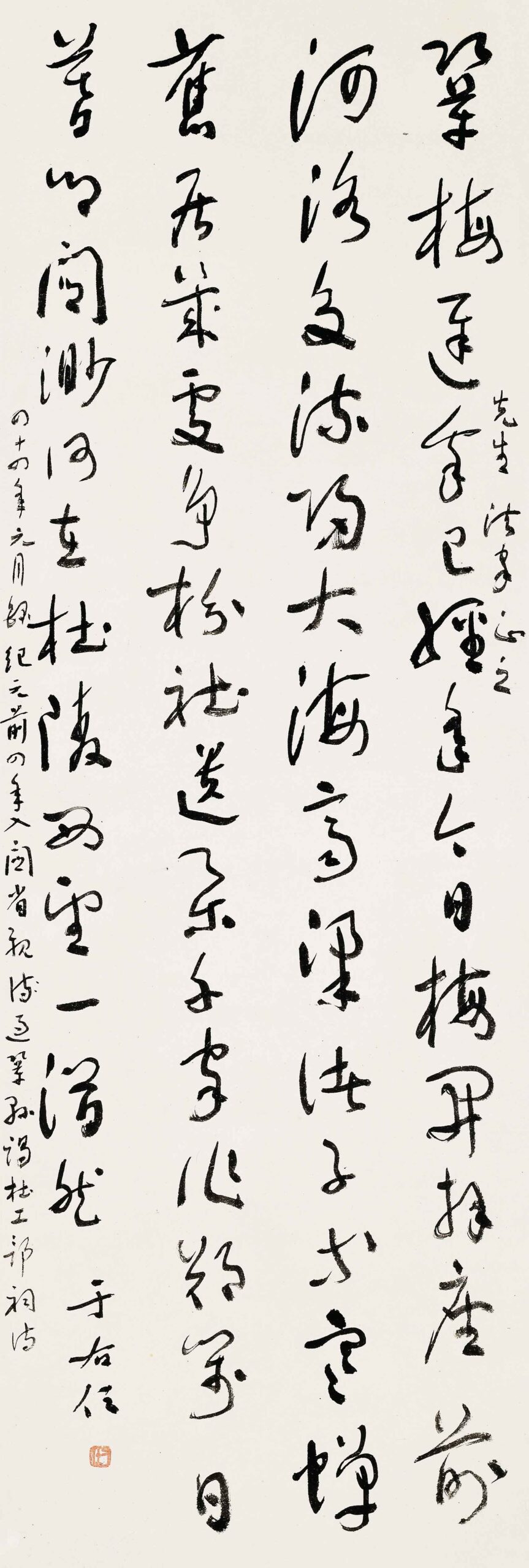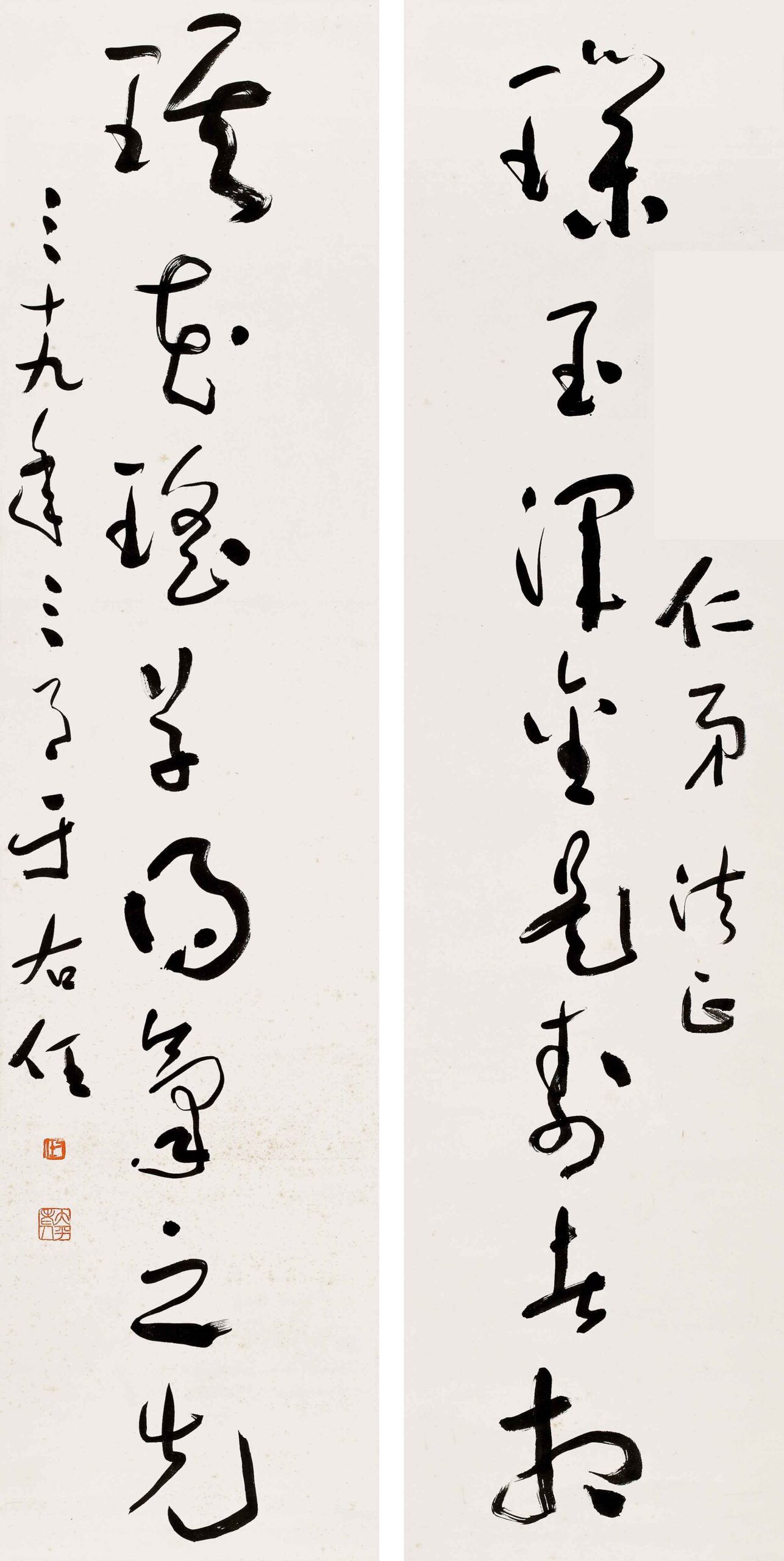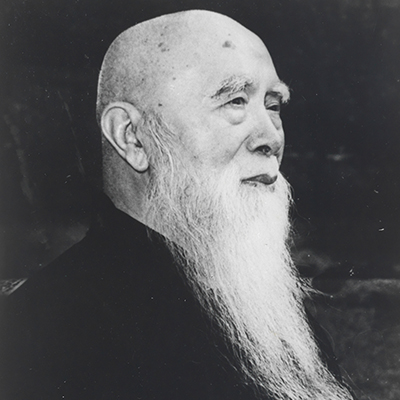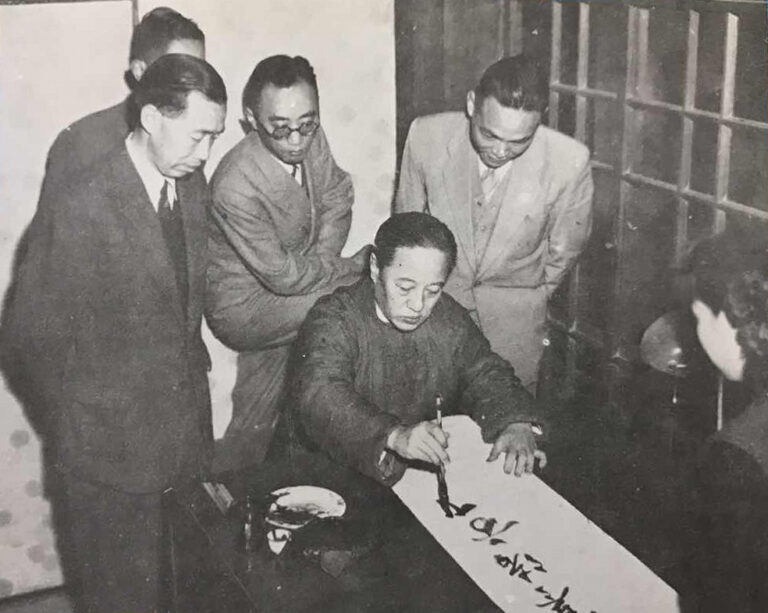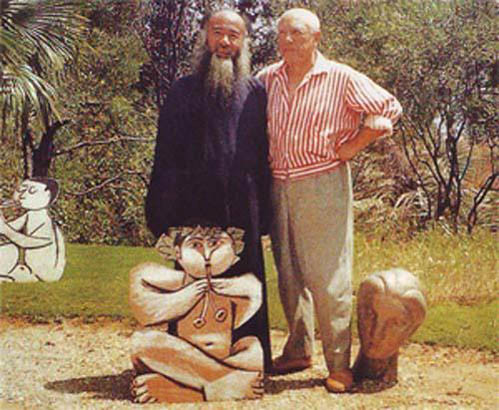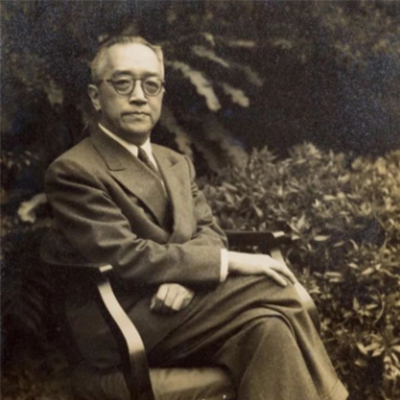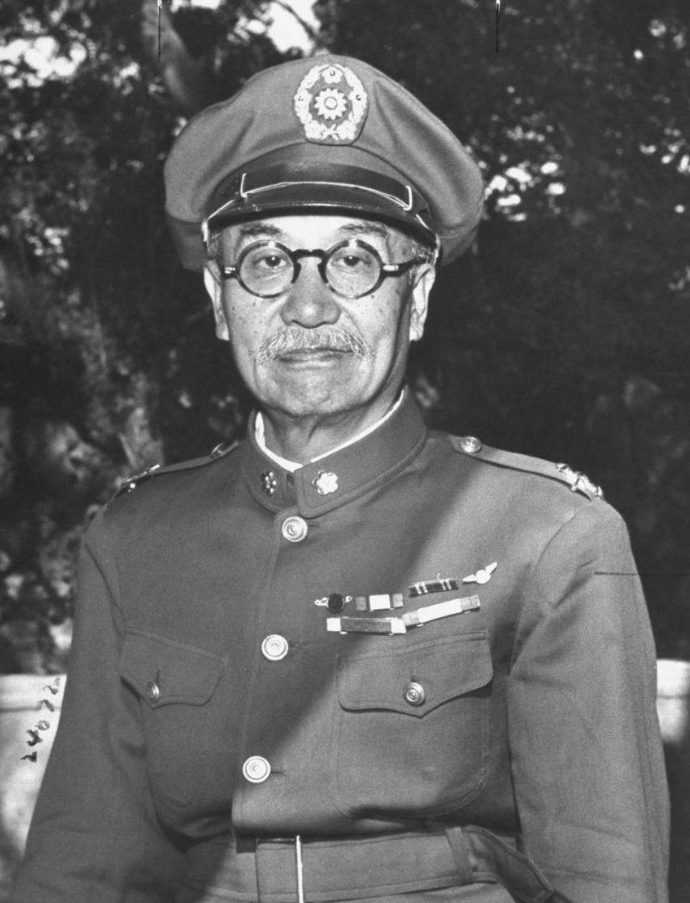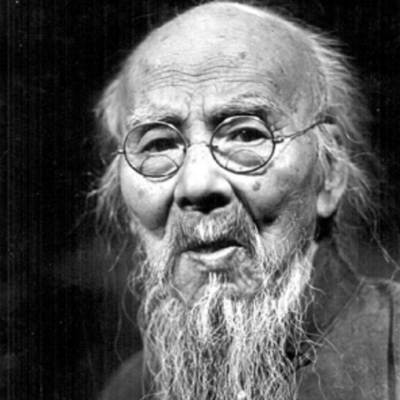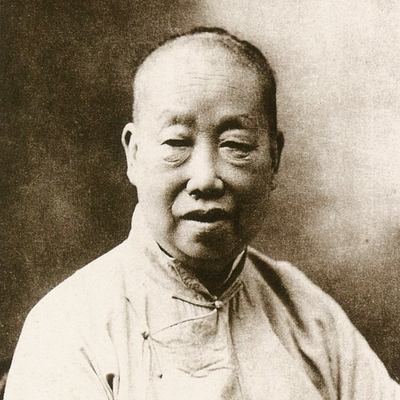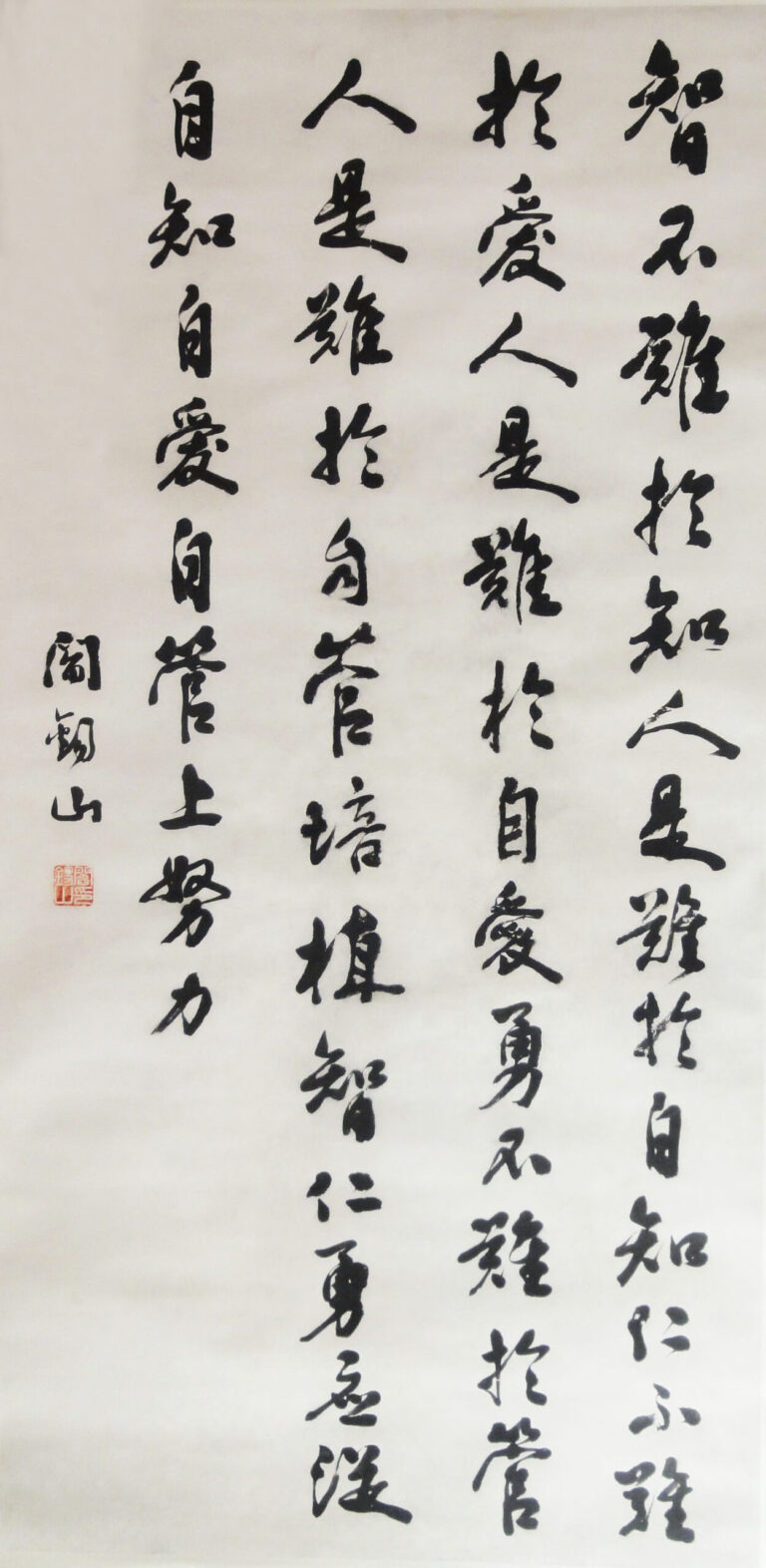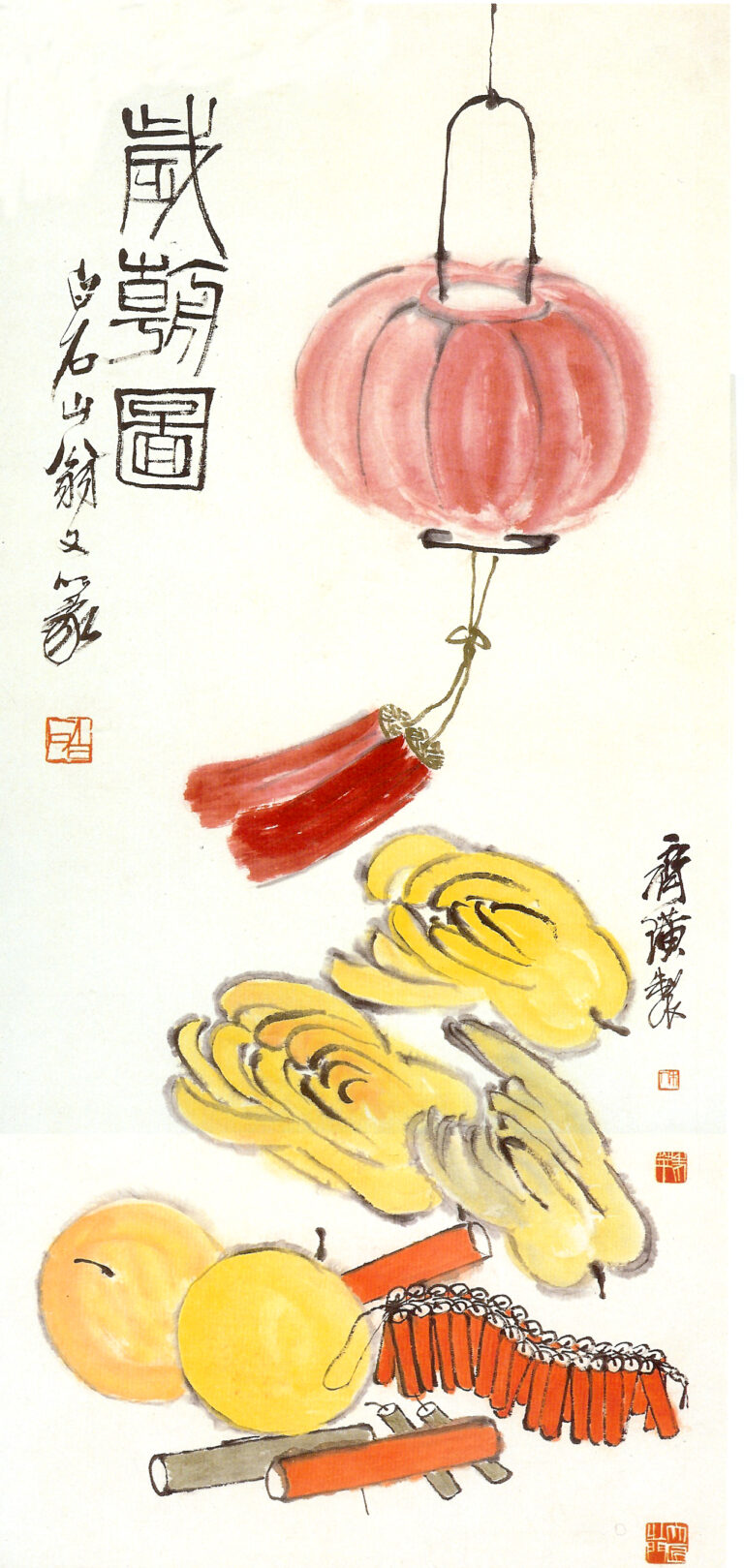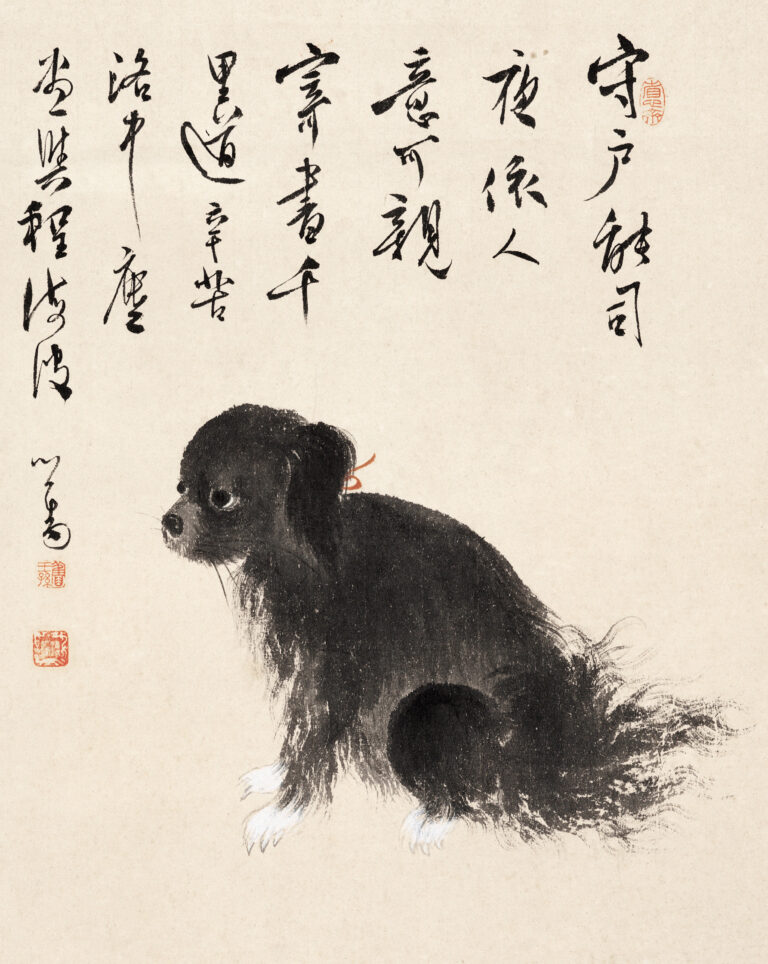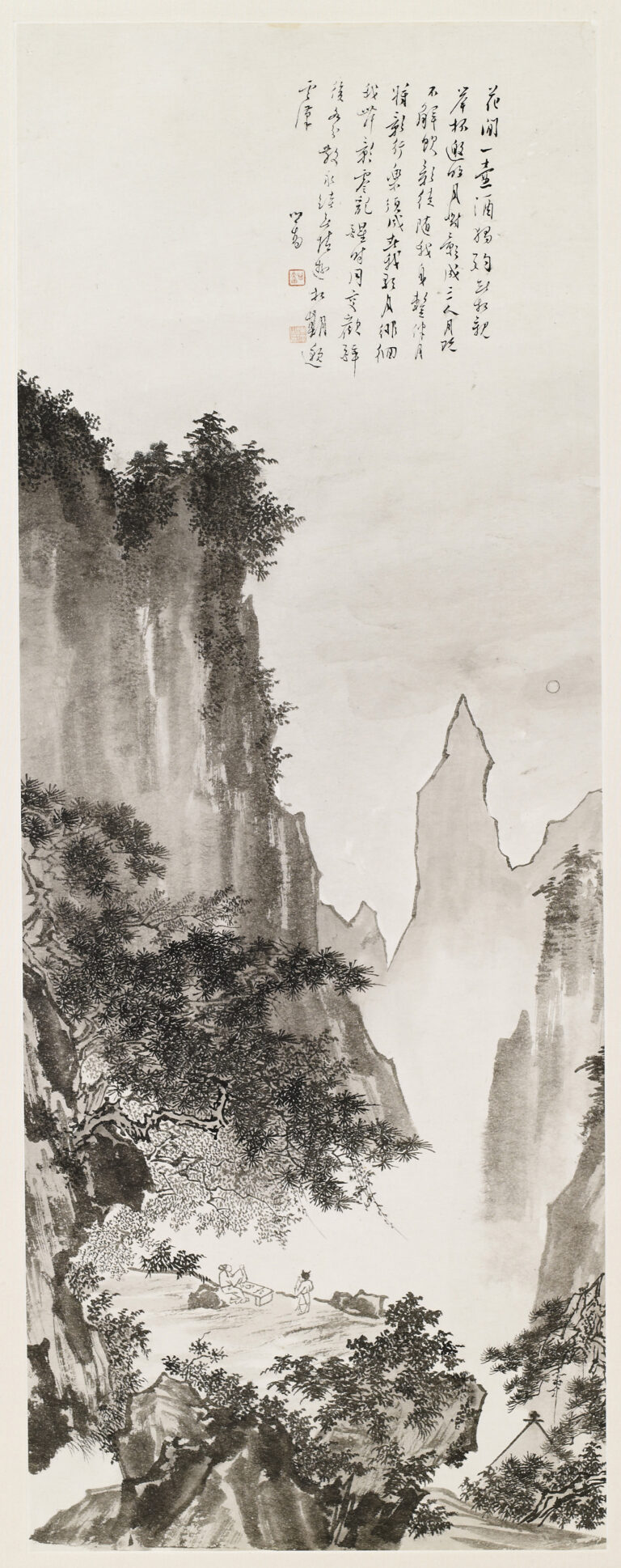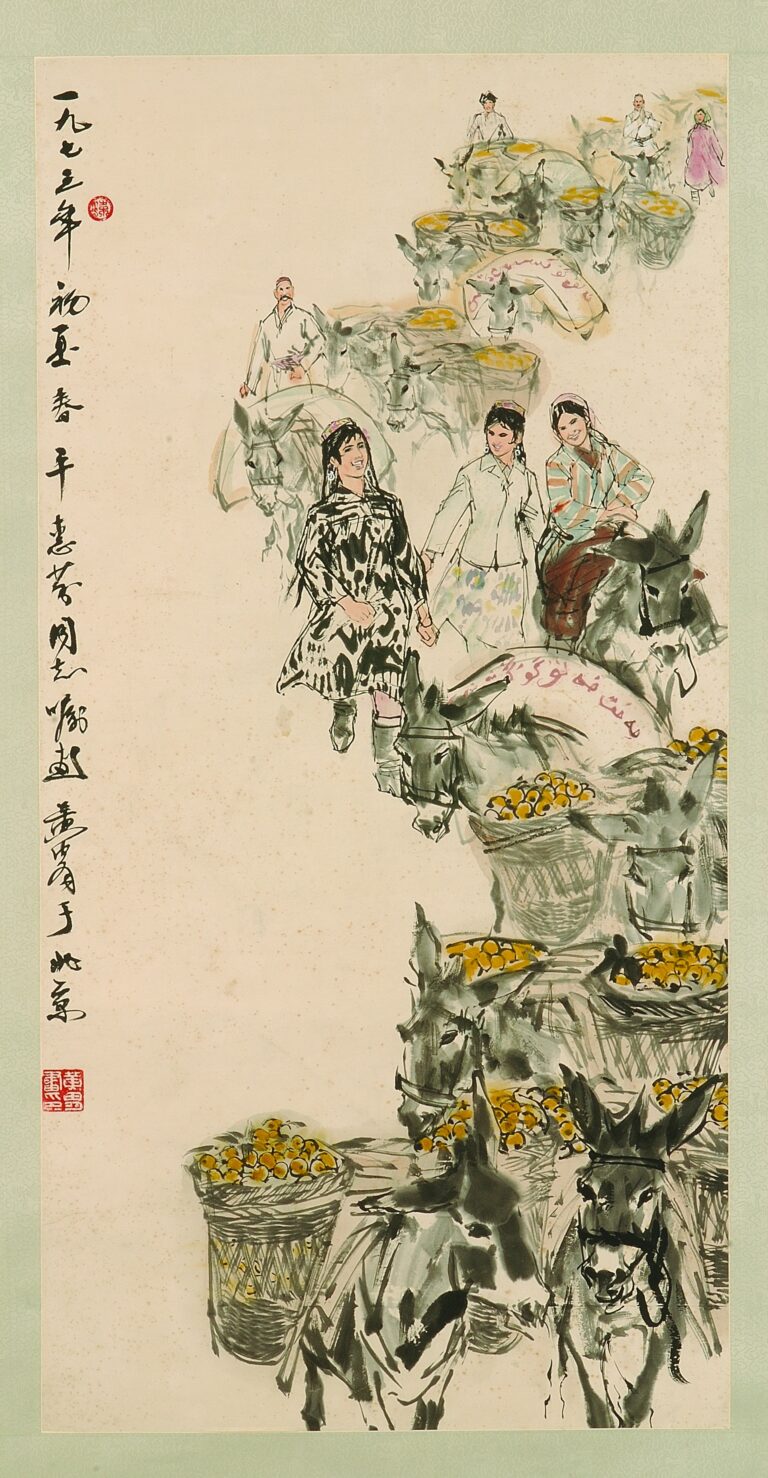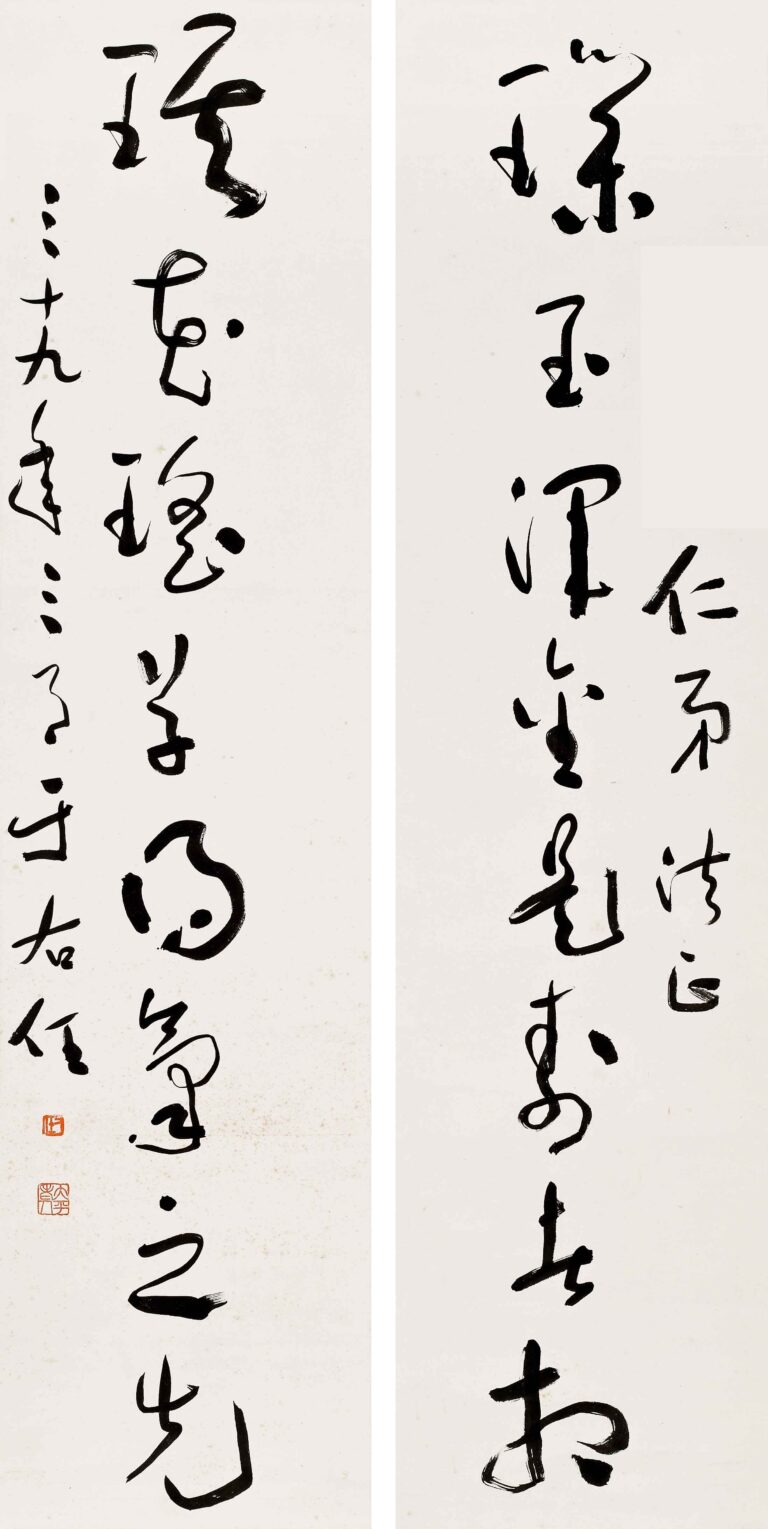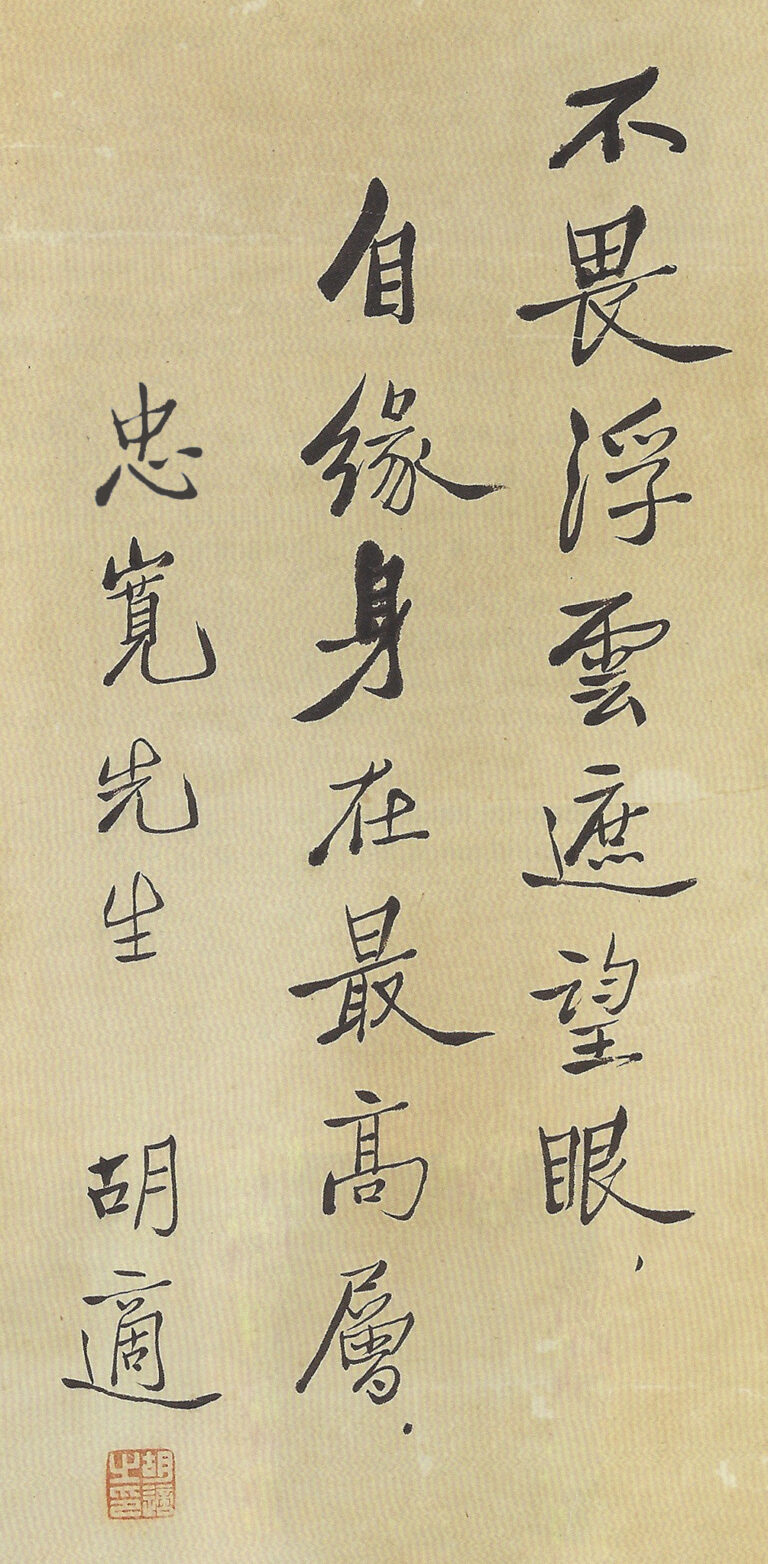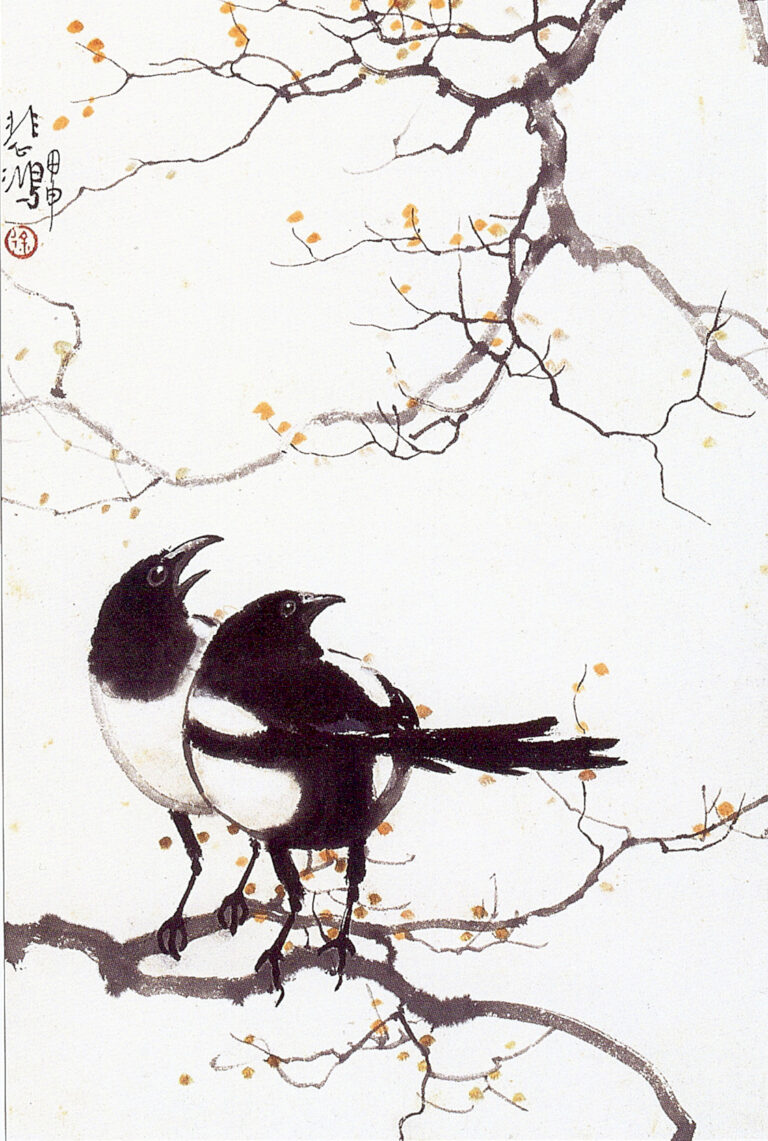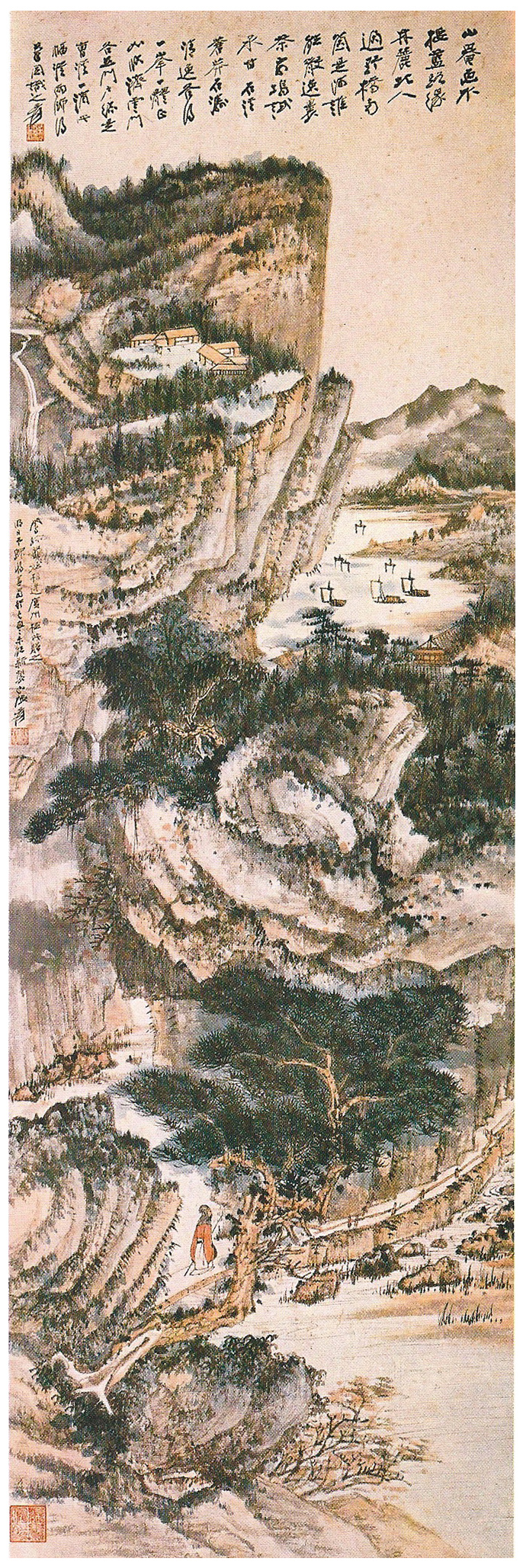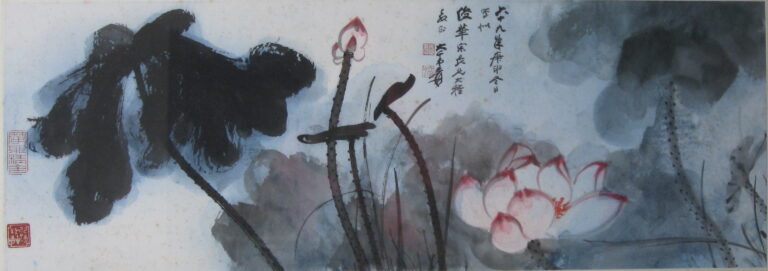Yu Youren: A Modern Master of Calligraphy
Yu Youren (1879–1964), styled Youren, was born in Sanyuan, Shaanxi, with ancestral roots in Jingyang. In his youth, he was known as Boxun, later modifying “You Ren” to “Youren” as a homophonic name, and also signing his works as “Sao Xin” (Poetic Heart) and “Ran Weng” (Bearded Old Man). In his later years, he called himself “Taiping Laoren” (Old Man of Peace). A legendary figure who traversed the turmoil of the late Qing dynasty, the founding of the Republic of China, and the cross-strait migration, Yu Youren was not only a founding father of the Republic but also a grandmaster of calligraphy, revered as the “Sage of Cursive Script” (Cao Sheng). His life spanned revolution, politics, education, journalism, and the art of calligraphy—illuminating the course of modern Chinese history.
Revolutionary pioneer and political giant
When he was young, Yu Yuren cared about state affairs and devoted himself to reform and revolution. In 1905, he joined the League led by Sun Yat-sen, calling for the overthrow of the Manchu empire and the establishment of a republican government. After the founding of the Republic of China, Yu Yuren experienced his own circumstances. He served successively in important positions in the Nanjing Interim Government, and later served in senior positions such as the auditor general of the National Government and the director of the Procuratorate, working hard for the construction of the national system.
It is especially worth mentioning that he has served as the president of the Supervisory Yuan for 34 years since the 1930s. The Supervisory Yuan is responsible for supervising hundreds of officials and picketing and impeaching. Yu Youren is not afraid of power, speaks out and dares to advise, and contributes to justice and integrity and the constitutional system. His years in politics have not only witnessed the tortuous development of modern and modern China, but also won the admiration of future generations with his sincere and upright mind.
Calligraphy giant-the style of Cao Sheng
As a calligrapher, Yu Yuren is even more unique. When he was a teenager, he was extensively involved in steles, and his style of writing was vigorous and vigorous, especially the vigorous aura of Beibei. At the age of forty or fifty, he established his iconic "Wei Stele style of calligraphy". This style of writing, vigorous and majestic, combines antiquity and elegance, and is highly respected by experts.
As he grew older, Yu Youren absorbed Huai Su Xiaocao's pen intent again, and integrated the founder's Wei Stele style into the flowing and rounded cursive script rhyme. In his later years, his cursive works, with dragons and snakes in his pen, thousands of weather, and a softness and harmony in his vigor, can be called self-contained. He once said: "Those who write cursive script, where the heart is suitable, the qi is supreme. "His words are like other people, both the demeanor of a revolutionary with the world in his mind, and the transcendent interest of a calligrapher.
Adhere to the inheritance of calligraphy and art, Lide Liyan
In addition to calligraphy and art creation, Yu Yuren also regards calligraphy education as his mission, and has been promoting the art of calligraphy for many years and helping future generations to learn. He often encourages his students: "Virtue, merit, and words are the three immortals. "I am even more based on myself. Whether in politics or in the book world, I am a magnanimous and selfless personality, and I am a teacher.
His calligraphy is compatible with the beauty of steles, inheriting ancient methods and becoming a family of his own, which has a profound influence on future generations of calligraphers. Many calligraphers such as Wang Mingming and Li Xiongcai were inspired by him. What is even more rare is that he has never been reserved and proud of things, and is willing to impart his life's hard work selflessly. He can be called the light bearer of modern and modern calligraphy art.
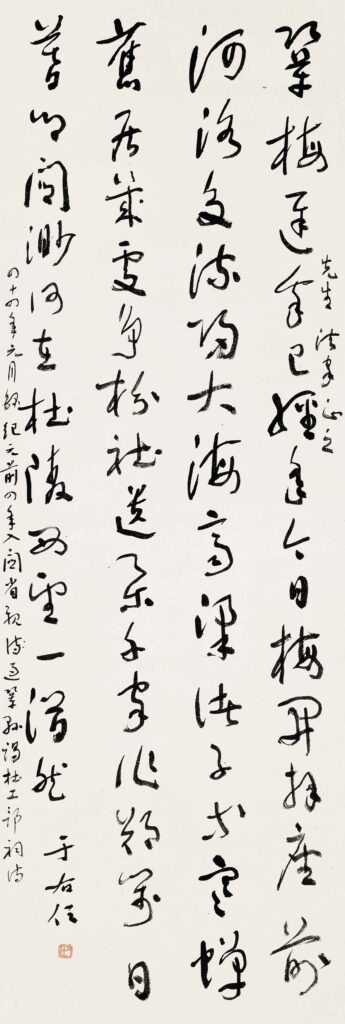
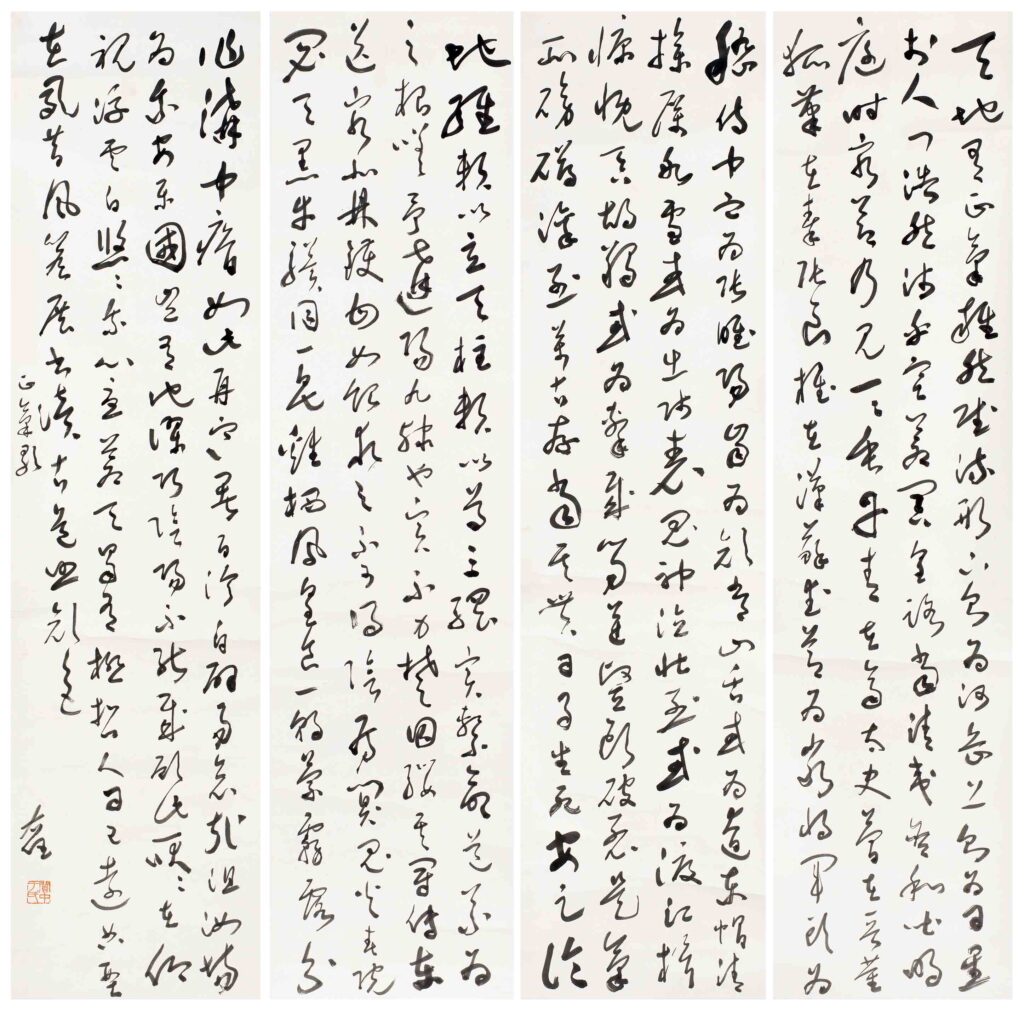

Calligraphy and poetry shine together
Yu Yuren is not only famous for his calligraphy, but also for his poetry and writing. His poems are sincere in emotion, sometimes heroic and passionate, sometimes gloomy and sad. In his later years, his poems were more casual and transcendent, reflecting each other with his calligraphy works. Poetry and books complement each other, allowing him to excel in the group portraits of literati and scholars.
The last place of life—Testimony of Cultural Monuments
In 1964, Yu Yuren passed away in Taiwan and slept in a cemetery within Yangmingshan National Park, Tamsui District, New Taipei City. The cemetery is built in line with the mountains, with a total of 143 steps, magnificent and lined with inscriptions. Jiang Zhongzheng and Yan Jiagan jointly praised the order, and Sun Ke personally titled "Yangzhiting", all of which demonstrated the glory and high status of his life.
The New Taipei City Historic Sites Review Committee listed this cemetery as a municipal monument in 2012, and plans to build a Caosheng Stele forest and calligraphy cultural park in the future. This cemetery is not only the sleeping place of the right old man, but also a cultural landscape that bears witness to his life's bookish style and revolutionary feelings. Surrounded by stone lions, stone plaques, pine and cypress, it adds solemnity and stands side by side with its calligraphy and inscriptions, providing future generations with an excellent place to experience the art of calligraphy and historical memory.
Immortal style, eternal spirit
Throughout Yu Yuren's life, he went through the vicissitudes of life but always adhered to his original intention. He was not only the standard-bearer of the revolution at the end of the Qing Dynasty, the hero of the founding of the Republic of China, but also the master of calligraphy. His "Wei Stele into the grass" style of calligraphy created a new bureau of modern and modern calligraphy; his poetic charm and literary character made future generations even more awe-inspiring. This "grass saint" is not only a giant in the history of calligraphy, but also a witness to culture and times.
Yu Yuren's famous calligraphy and painting works are still cherished and respected by collectors and painting and calligraphy lovers from all walks of life. His vigorous and majestic brushstrokes seem to be still telling the world about the turbulent times and firm ideals. With his calligraphy, poetry, and personality, Yu Yuren has left an eternal cultural heritage to future generations. It also allows us to appreciate his famous calligraphy and painting, and at the same time appreciate the broad feelings and immortal style of a literati revolutionary.
works

